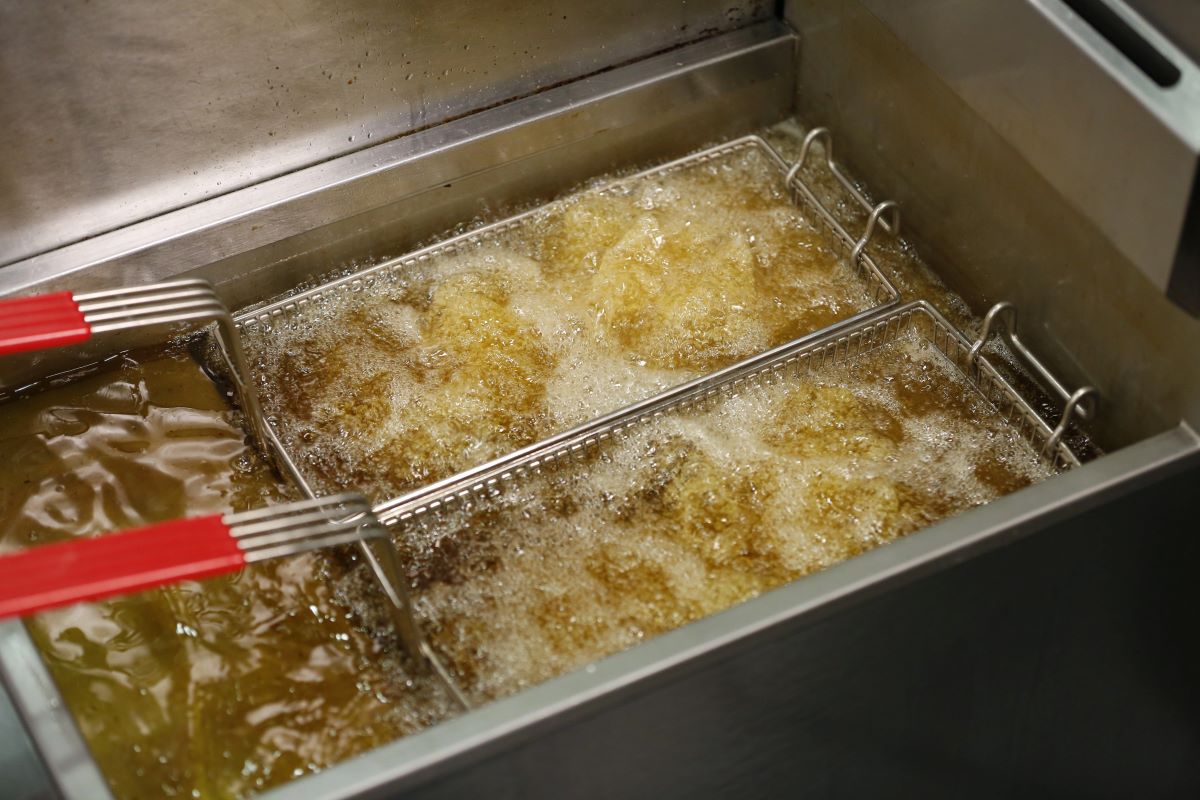

Articles
How To Store Deep Fryer Oil
Modified: December 7, 2023
Learn the best methods for storing deep fryer oil in this informative article. Keep your oil fresh and ready for your next frying session.
(Many of the links in this article redirect to a specific reviewed product. Your purchase of these products through affiliate links helps to generate commission for Storables.com, at no extra cost. Learn more)
Introduction
Deep frying is a popular cooking method that can result in deliciously crispy and flavorful dishes. Whether you use a deep fryer at home or in a commercial kitchen, one important aspect to consider is the proper handling and storage of the deep fryer oil. Storing the oil correctly not only ensures that it maintains its quality but also extends its shelf life, saving you money in the long run.
In this article, we will discuss the importance of properly storing deep fryer oil and provide you with step-by-step instructions on how to store it effectively. We will also share some valuable tips on how to extend the shelf life of the oil, as well as how to dispose of used oil responsibly.
So, whether you are an avid home cook or a seasoned chef, let us delve into the world of deep fryer oil storage and discover the best practices for maintaining the quality of your oil.
Key Takeaways:
- Properly storing deep fryer oil is essential for maintaining flavor, extending shelf life, and saving money. Follow steps like cooling, straining, and using airtight containers to maximize oil quality.
- Disposing of used deep fryer oil responsibly is crucial for environmental impact. Consider reusing, recycling, or following local regulations for proper disposal methods.
Read more: What Oil To Use In Deep Fryer
Types of Deep Fryer Oil
When it comes to choosing the right oil for deep frying, there are several options available, each with its own unique characteristics and flavor profiles. The type of oil you use can greatly impact the taste and texture of your fried foods. Here are some common types of deep fryer oils:
- Vegetable Oil: This is one of the most common oils used for deep frying due to its neutral flavor and high smoke point. Vegetable oil is derived from various plant sources such as soybeans, corn, canola, or a blend of these.
- Peanut Oil: Peanut oil is favored by many professional chefs for its high smoke point and subtle flavor. It adds a distinct nuttiness to fried foods and is often used in Asian cuisine.
- Corn Oil: Corn oil is another popular choice for deep frying. It has a mild flavor and a high smoke point, making it suitable for frying a wide range of foods.
- Canola Oil: Canola oil is derived from the seeds of the canola plant and is low in saturated fat. It has a light texture and a high smoke point, making it ideal for deep frying.
- Grapeseed Oil: Made from the pressed seeds of grapes, grapeseed oil is known for its clean taste and high smoke point. It is often used in gourmet deep frying applications.
It’s important to note that the choice of oil may also depend on dietary restrictions or preferences. For example, those with peanut allergies should avoid using peanut oil, and individuals following a strictly vegan diet may opt for vegetable or plant-based oils.
Before choosing a deep fryer oil, it’s advisable to check the smoke point and flavor profile to ensure it aligns with your culinary needs and preferences.
Importance of Properly Storing Deep Fryer Oil
The way you store deep fryer oil can have a significant impact on its quality and longevity. Proper storage is essential for maintaining the flavor, nutritional value, and overall performance of the oil. Here are some key reasons why you should store your deep fryer oil correctly:
- Preserves Flavor: Storing oil properly helps preserve its original flavor. When exposed to air, light, and heat, oil can rapidly deteriorate and develop off-flavors, which can affect the taste of your fried foods.
- Extends Shelf Life: Proper storage techniques can significantly extend the shelf life of deep fryer oil. The longer the oil remains in good condition, the more money you save by avoiding frequent replacements.
- Prevents Rancidity: Exposure to oxygen causes oil to become rancid. Consuming rancid oil can lead to digestive issues and unpleasant taste. By storing oil in a tightly sealed container, you can minimize its exposure to air and prevent rancidity.
- Maintains Nutritional Value: Deep fryer oils contain essential fatty acids and nutrients. However, improper storage can cause oxidation, leading to a reduction in nutritional value. Storing the oil in a cool, dark place helps preserve its nutritional content.
- Reduces Contamination: Storing deep fryer oil properly reduces the risk of contamination by preventing the entry of dust, debris, and other foreign particles. This ensures that your oil remains clean and safe for reuse.
- Economical: By storing deep fryer oil correctly, you can maximize its usage and avoid unnecessary waste. This saves you money in the long run, making it a cost-effective practice for home cooks and commercial establishments alike.
Proper storage of deep fryer oil not only helps maintain its quality but also contributes to the overall safety and enjoyment of your fried dishes. With these compelling reasons in mind, let’s explore the steps to store deep fryer oil correctly.
Steps to Store Deep Fryer Oil
To ensure the longevity and quality of your deep fryer oil, follow these steps for proper storage:
- Allow the Oil to Cool: Before storing the oil, allow it to cool completely. Hot oil can be dangerous to handle and may cause spills or accidents. Let the oil cool down to room temperature before proceeding.
- Strain the Oil: Strain the oil to remove any food particles or impurities. You can use a fine-mesh strainer or cheesecloth to ensure that the oil is clean and free from debris.
- Select an Airtight Container: Choose a suitable container for storing the oil. Opt for a container that is specifically designed for oil storage or use a clean, dry, and airtight container made of glass or stainless steel. Avoid using plastic containers, as they may leach chemicals into the oil.
- Transfer the Oil: Carefully pour the strained oil into the chosen container. Avoid filling the container to the brim, as the oil may expand or create pressure during storage. Leave some headspace to accommodate any expansion.
- Label the Container: It’s a good practice to label the container with the type of oil and the date of storage. This helps you keep track of the oil’s freshness and ensures you use it within the recommended timeframe.
- Store in a Cool, Dark Place: Place the container of oil in a cool, dark area away from direct sunlight, heat sources, and humidity. Exposure to heat and light can accelerate the degradation of the oil. A pantry or cupboard is an ideal location for storing deep fryer oil.
- Monitor and Rotate: Regularly check the condition of stored oil. If you notice any changes in color, smell, or consistency, it may indicate that the oil has gone bad and should be discarded. Additionally, try to rotate the stored oil regularly, using the oldest oil first to ensure freshness.
By following these steps, you can maintain the quality and freshness of your deep fryer oil, ensuring that it remains suitable for future frying endeavors. Now, let’s explore some additional tips to help extend the shelf life of your oil.
After using the deep fryer, allow the oil to cool completely. Strain the oil through a fine-mesh sieve or cheesecloth to remove any food particles. Store the oil in a clean, airtight container in a cool, dark place to prolong its shelf life.
Tips for Extending the Shelf Life of Deep Fryer Oil
Proper storage is just one piece of the puzzle when it comes to prolonging the shelf life of deep fryer oil. Implementing the following tips will help you maximize the usability and quality of your oil:
- Filter the Oil Regularly: Regularly filtering the oil helps remove any food particles or impurities that can accelerate spoilage. Consider using a fine-mesh strainer or filtering system specifically designed for deep fryer oil.
- Avoid Mixing Oils: Avoid mixing different types of oils in the same container. Each oil has its own smoke point and flavor profile, and mixing them can lead to off-flavors or decreased performance.
- Don’t Overheat the Oil: Overheating the oil can break it down more quickly. Follow the recommended temperature guidelines for the specific oil you are using and avoid exceeding the smoke point.
- Use Clean Utensils: When retrieving oil from the container, always use clean, dry utensils or a funnel. This helps prevent cross-contamination and the introduction of moisture, which can contribute to spoilage.
- Keep Water Away: Water and oil do not mix well. Make sure the oil is completely dry before adding it to the container, as even a small amount of water can promote the growth of bacteria and accelerate oil degradation.
- Avoid Reusing Contaminated Oil: If you notice any signs of contamination, such as a burnt or off odor, strange flavors, or excessive foaming, it’s best to discard the oil and start fresh. Reusing contaminated oil can compromise the taste and safety of your dishes.
- Store Oil in Smaller Amounts: If you have a large quantity of oil, consider dividing it into smaller containers before storing. This way, you only expose a portion of the oil to air and light, while the rest remains sealed and protected.
- Check the Expiration Date: Deep fryer oils have a shelf life, so it’s important to check the expiration date before using or storing them. Using expired oil can affect the quality of your food and pose health risks.
By implementing these tips, you can extend the shelf life of your deep fryer oil and ensure that each frying endeavor results in deliciously crispy and flavorful dishes. Now, let’s discuss the proper disposal of used deep fryer oil.
Read more: How Long Can You Keep Oil In A Deep Fryer
Proper Disposal of Used Deep Fryer Oil
When it comes to disposing of used deep fryer oil, it’s essential to follow proper guidelines to ensure environmental responsibility and prevent any potential harm. Here are some recommended methods for disposing of used deep fryer oil:
- Cool and Strain: Allow the used oil to cool completely. Once cooled, strain the oil to remove any food particles or debris. This step prevents clogging and ensures a smooth disposal process.
- Reuse or Recycle: If the oil is still in good condition and has not been excessively used, consider reusing it for future cooking projects. You can strain it again to remove any leftover food particles. Alternatively, some organizations and facilities accept used cooking oil for recycling, which can be converted into biodiesel or other useful products. Check with your local recycling centers or waste management facilities for options available in your area.
- Dispose in Solid Waste Container: If you are unable to reuse or recycle the used deep fryer oil, the next best option is to dispose of it in a solid waste container. Ensure the oil is in a leak-proof container before placing it in the garbage bin. You may consider using a sealed plastic bag or a sturdy, sealed container to prevent any leaks or spills.
- Avoid Pouring Down the Drain: It’s important never to pour used deep fryer oil down the drain or toilet. Oil can solidify and cause blockages in pipes, leading to costly plumbing issues.
- Check Local Regulations: Different regions may have specific regulations regarding the disposal of used cooking oil. Some areas provide special collection or drop-off locations for used oil, while others have designated facilities for it. Research local regulations or contact your municipal waste management department to learn about the proper disposal methods in your area.
By following these disposal guidelines, you can ensure that used deep fryer oil is disposed of responsibly and in a manner that minimizes its impact on the environment.
Now that we have covered the proper disposal of used oil, let’s address some frequently asked questions to further clarify any doubts you may have.
Frequently Asked Questions (FAQs)
Q: Can I mix different types of deep fryer oils together?
A: It’s generally recommended to avoid mixing different types of oils together, as they have varying smoke points and flavors. Mixing oils can result in off-flavors and decreased frying performance.
Q: How long can I store deep fryer oil?
A: The shelf life of deep fryer oil can vary depending on various factors such as the type of oil used, storage conditions, and frequency of use. Generally, it is recommended to use the oil within a few months for optimal quality.
Q: How can I tell if deep fryer oil has gone bad?
A: Signs that deep fryer oil has gone bad include a rancid or off odor, a dark or cloudy appearance, and a thick or sticky consistency. If you notice any of these signs, it’s best to discard the oil and start fresh.
Q: Can I reuse deep fryer oil after frying fish?
A: It’s generally advised to avoid reusing deep fryer oil after frying fish, as the strong aroma and flavors from fish can transfer to the oil. This can result in off-flavors that may affect the taste of subsequent fried foods.
Q: How can I dispose of large amounts of used deep fryer oil?
A: If you have a large quantity of used deep fryer oil to dispose of, consider contacting local recycling centers or waste management facilities. They may have specific procedures for accepting and recycling used cooking oil.
Q: Can I store deep fryer oil in the refrigerator?
A: Storing deep fryer oil in the refrigerator is not recommended, as the cold temperatures can cause the oil to solidify and become unusable. It’s best to store the oil in a cool, dark place at room temperature.
Q: Can I reuse deep fryer oil that has been used to fry battered foods?
A: Reusing deep fryer oil that has been used to fry battered foods may result in a quicker breakdown of the oil due to the crumbs and bits from the batter. It’s generally advisable to discard oil used for frying battered foods after one use.
Q: Is it safe to filter and reuse deep fryer oil?
A: Filtering deep fryer oil can help remove impurities and extend its usability. However, it’s essential to monitor the quality of the oil and discard it if any signs of degradation are present.
These are some common questions regarding the storage and disposal of deep fryer oil. If you have any additional concerns or queries, it’s recommended to consult with local culinary experts or health authorities for specific guidance.
Now, let’s conclude our discussion on storing deep fryer oil and the importance of proper handling.
Conclusion
Properly storing deep fryer oil is crucial for maintaining its quality, extending its shelf life, and ensuring the deliciousness and safety of your fried dishes. By following the steps outlined in this article, you can store your deep fryer oil effectively and maximize its usability.
Remember to allow the oil to cool, strain it to remove any impurities, and transfer it to an airtight container. Store the container in a cool, dark place and monitor the oil for any signs of degradation.
To extend the shelf life of the oil, regularly filter it, avoid overheating, and use clean utensils for handling. Following these tips will help you get the most out of your oil and save money in the long run.
When it comes to disposing of used deep fryer oil, make sure to cool and strain it, and consider options for reuse or recycling. If reuse or recycling is not possible, dispose of the oil in a solid waste container, while adhering to local regulations.
By practicing proper oil storage and disposal, you not only contribute to the maintenance of a clean and safe kitchen environment but also demonstrate a commitment to environmental responsibility.
So, whether you’re a home cook or a professional chef, follow these guidelines for storing and handling deep fryer oil to enhance the flavor, texture, and overall quality of your fried creations.
Remember, the key to excellent deep-fried dishes lies not only in the right ingredients and techniques but also in the careful management of your deep fryer oil. So, fry on and enjoy the delectable results!
Frequently Asked Questions about How To Store Deep Fryer Oil
Was this page helpful?
At Storables.com, we guarantee accurate and reliable information. Our content, validated by Expert Board Contributors, is crafted following stringent Editorial Policies. We're committed to providing you with well-researched, expert-backed insights for all your informational needs.
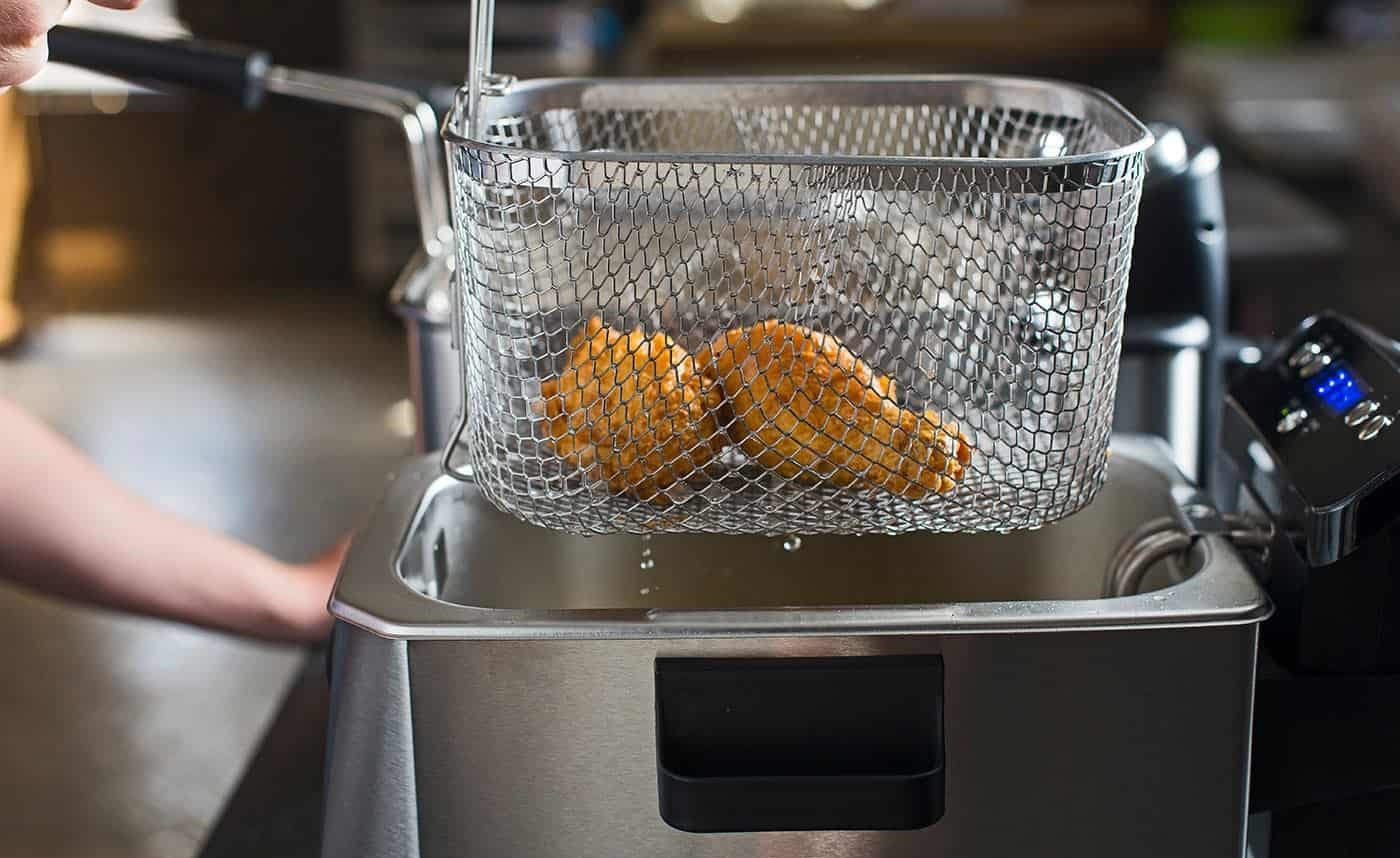
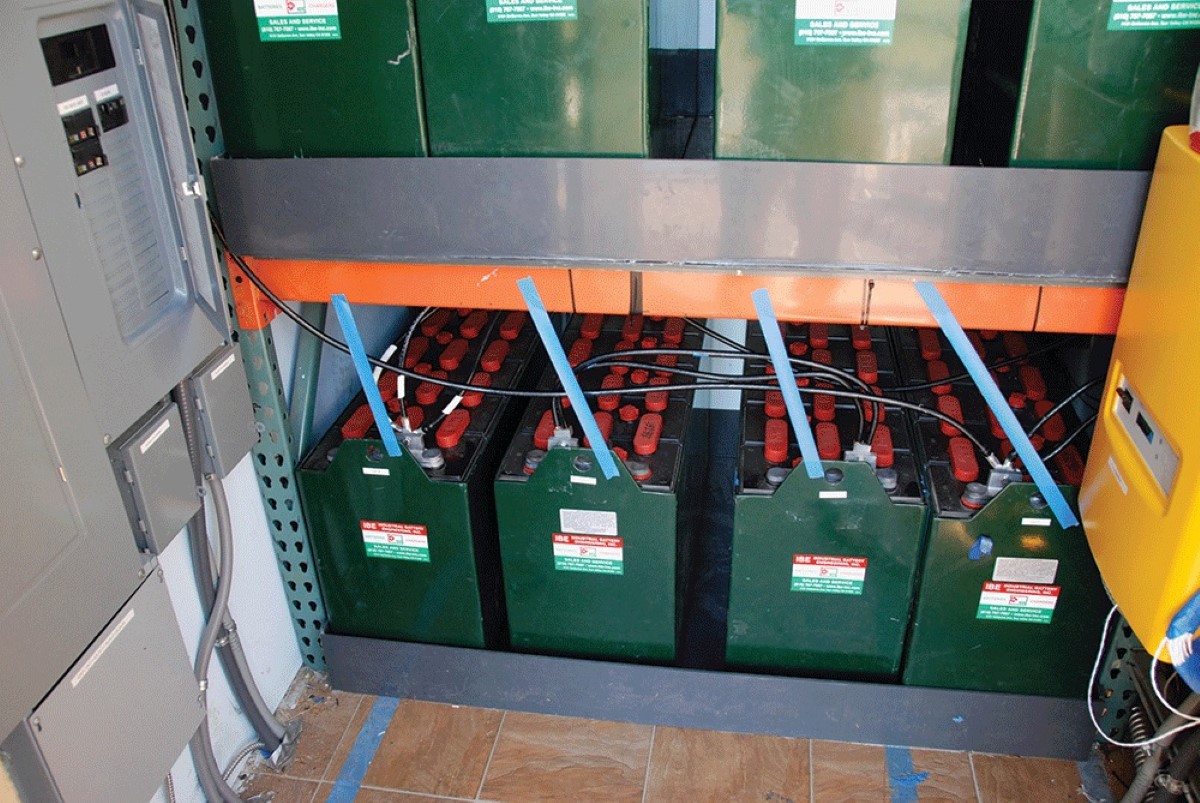
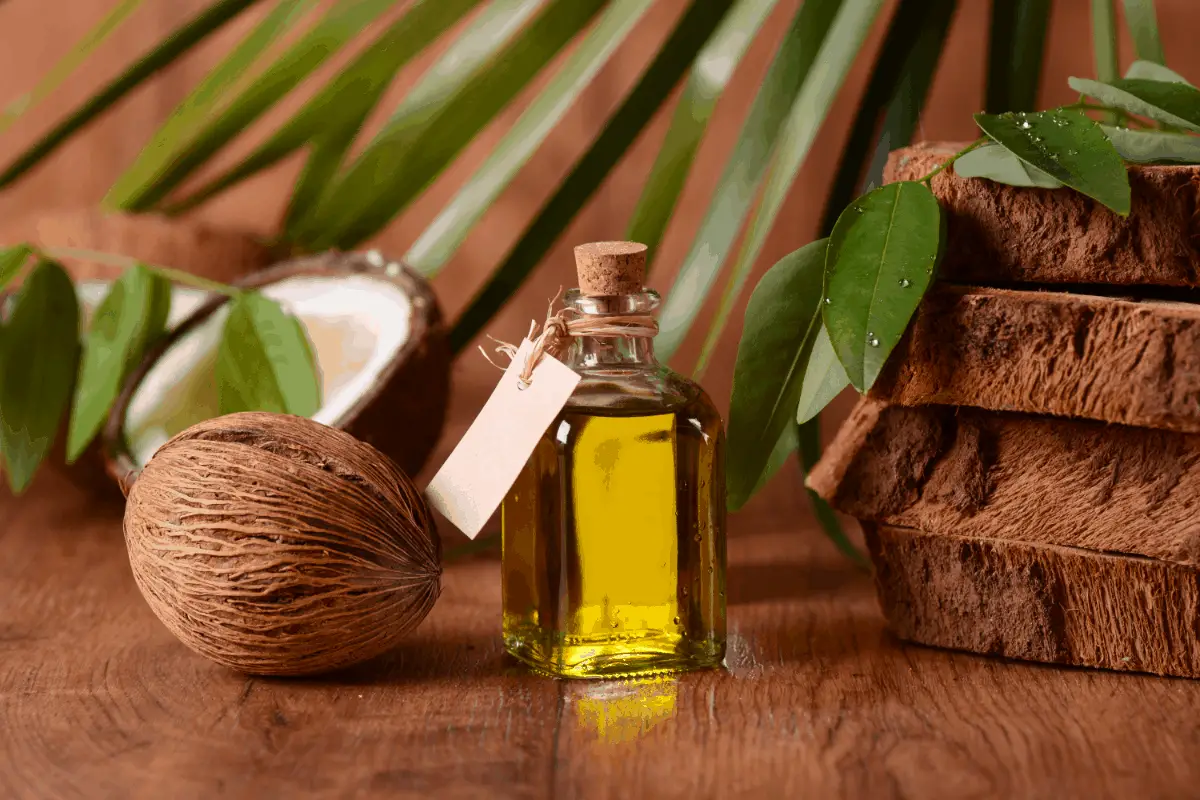
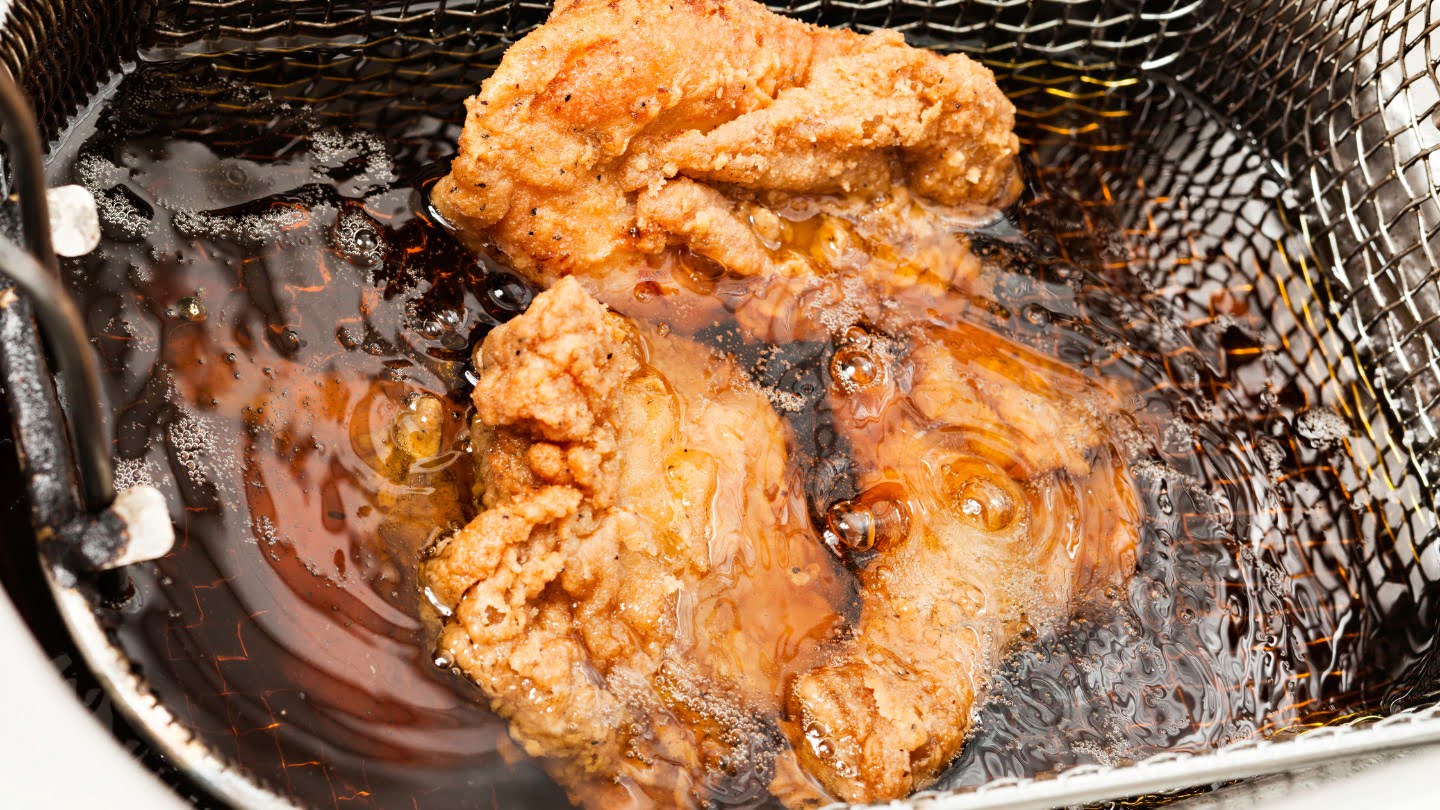

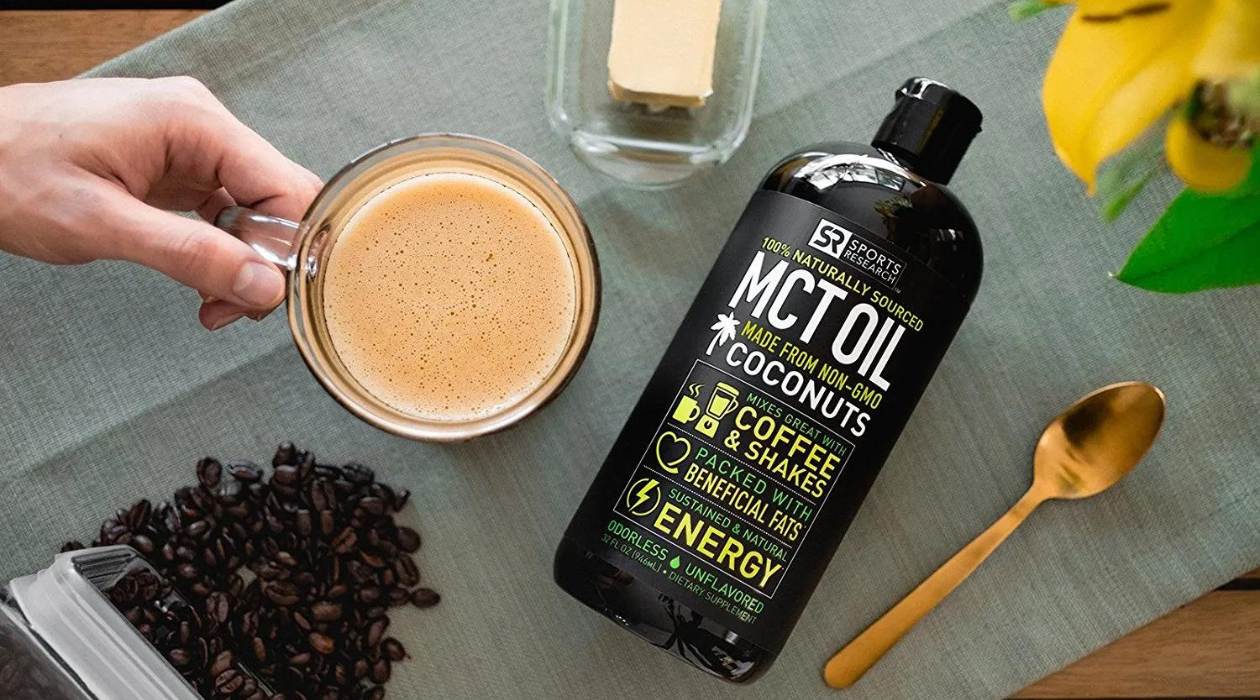

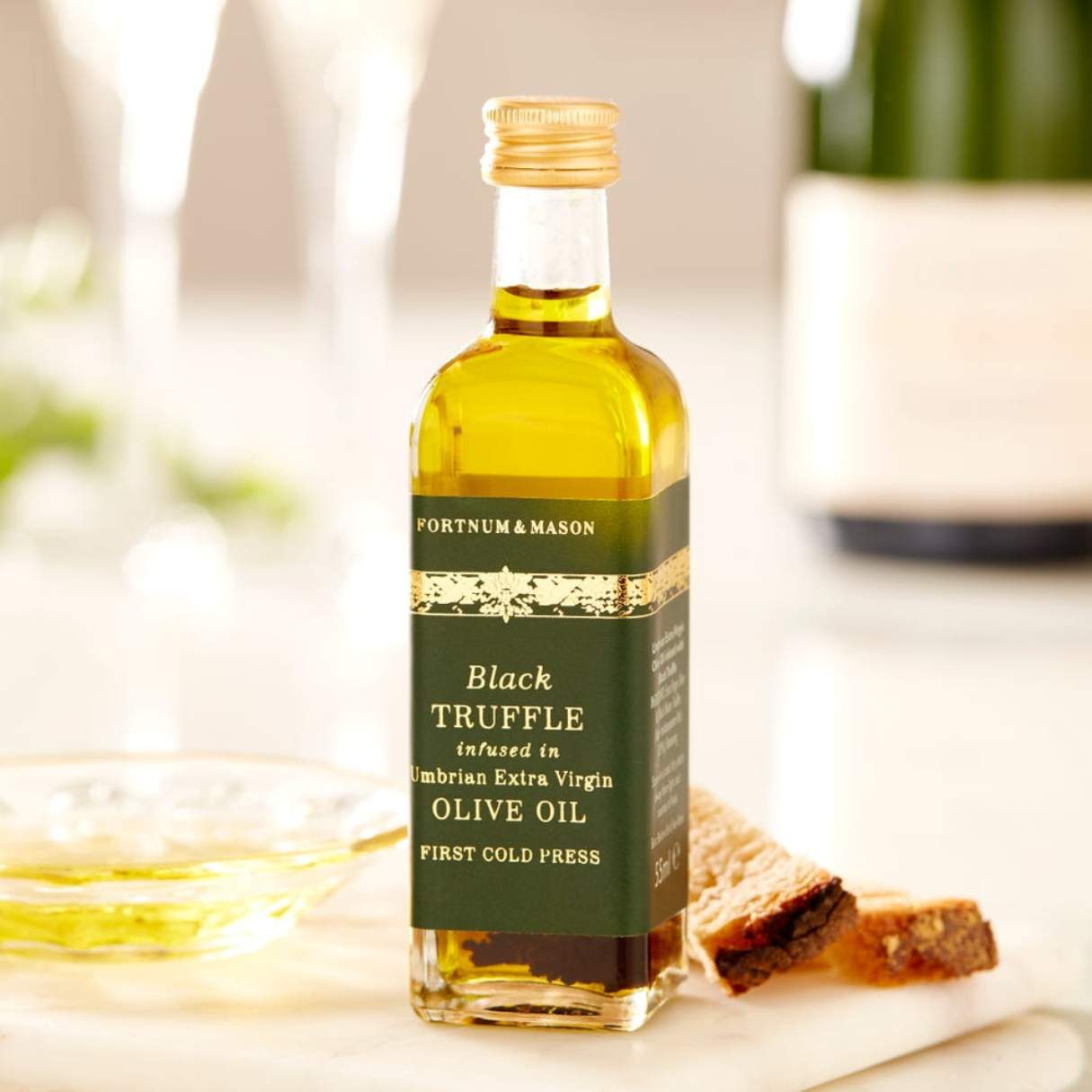



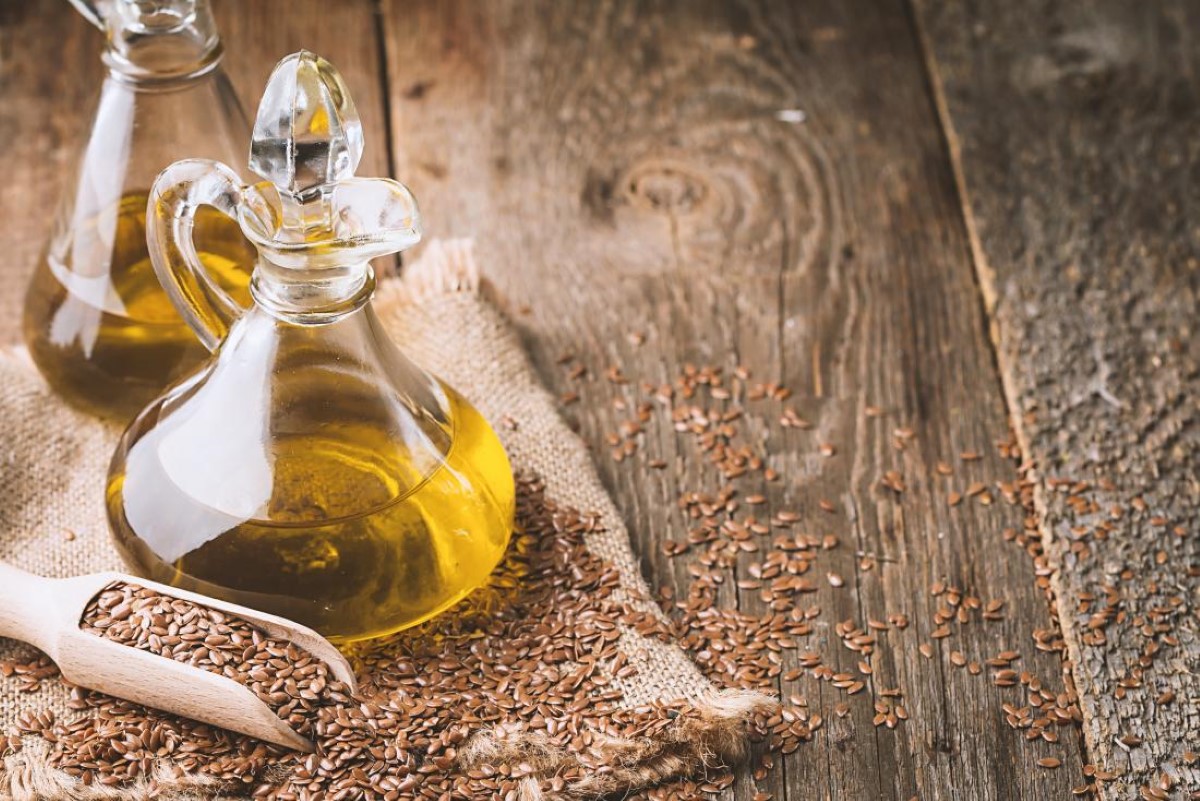



0 thoughts on “How To Store Deep Fryer Oil”